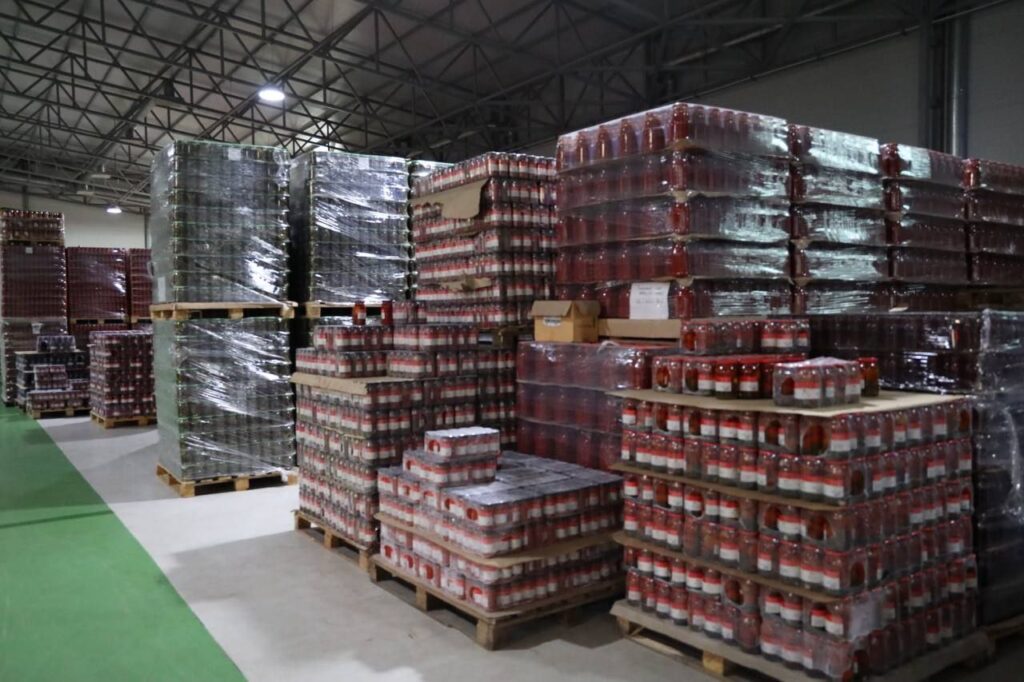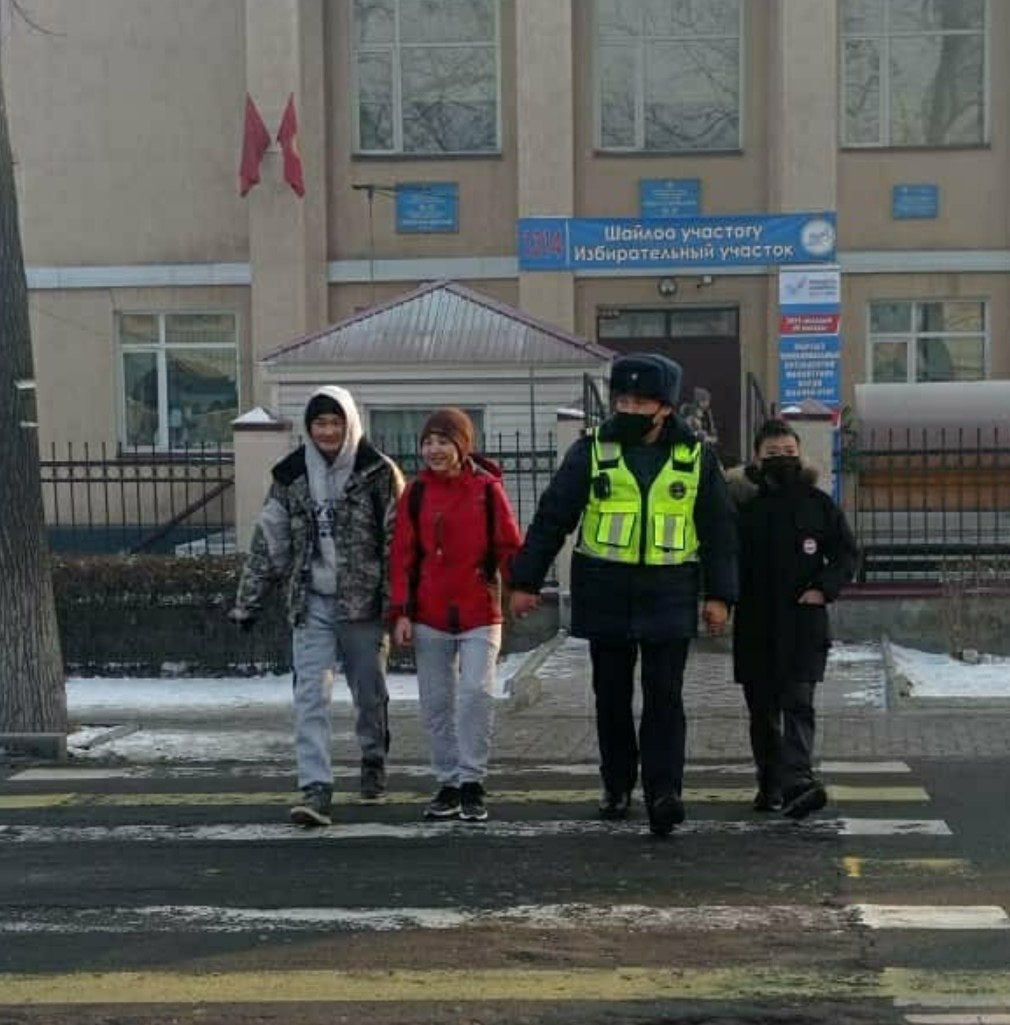Turkmenistan’s Policy of Suppressing Public Criticism, Dissent Continues, Says Amnesty
Amnesty International has published its annual report entitled, The State of the World’s Human Rights: April 2024. The document includes articles on 155 countries with AI-tracked human rights records through 2023, with the section on Turkmenistan stating that the government there has continued its policy of suppressing any form of public criticism and dissent both within and outside of the country. Under the pretext of preserving national traditions, discrimination continued against girls, women and LGBT+ representatives, whose rights were arbitrarily infringed upon. In June, the United Nations (UN) Committee for the Convention on the Elimination of All Forms of Discrimination Against Women (CEDAW) expressed particular concern that patriarchal attitudes to gender-based violence persist. The Committee raised concerns that women and girls are being forced to conform to gender stereotypes under the pretense of preserving national culture, and that their basic freedoms are being curtailed, including through the imposition of dress and appearance codes and other discriminatory practices. Internet access is still very limited and heavily controlled by the government. Any coverage of negative events - including economic hardship, shortages of basic foodstuffs, the effects of climate change, and forced labor - is censored. In April, a study of global internet censorship by two U.S. universities found that more than 122,000 domains are blocked in Turkmenistan, as well as dozens of news sites and social networks. The government-managed internet connection has become the slowest and most expensive in the world. Authorities have tightly controlled the right to freedom of peaceful assembly and have attempted to suppress small-scale spontaneous protests over social and economic issues such as food shortages, access to justice, and healthcare. In March, police arrested about 30 women who gathered in front of the presidential palace in Ashgabat to air their grievances directly to President Serdar Berdymukhamedov. In April, police arrested 15 people following a spontaneous protest by hundreds of citizens against a bread shortage at local bakeries in the city of Mary. Furthermore, thousands of employees of state organizations are still forced to go out to pick cotton, or have to pay others to go in their place.
12 hours ago








